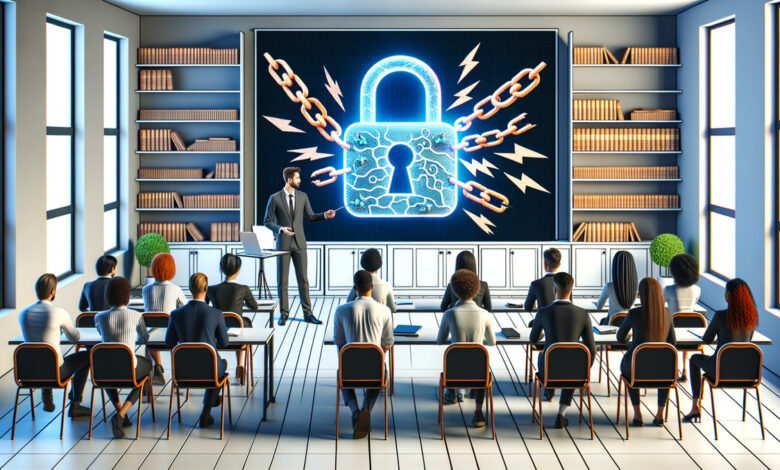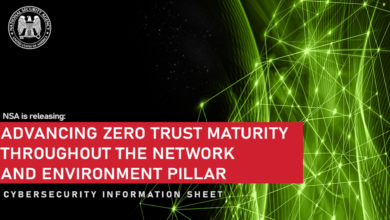Kaspersky study highlights gaps in educators’ cybersecurity skills

The latest white paper from Kaspersky has revealed insightful findings on the cybersecurity habits and perceptions of educators in the Asia Pacific (APAC) region, underscoring the significant role they play in imparting cybersecurity knowledge to students. The study, undertaken over five weeks in collaboration with Associate Professor Jiow Hee Jhee of the Singapore Institute of Technology, involved 157 educators from India, Singapore, and the Philippines.
According to the research, almost 70% of the surveyed educators prefer to use their mobile data over public networks as a precautionary measure. Concerns over digital security were further highlighted, with 90% of the respondents acknowledging the potential risk of their digital devices being attacked in the future.
The study also highlighted that educators who adhere to proper cyber hygiene practices tend to be more confident in teaching students how to identify suspicious sources and handle suspicious emails effectively. This confidence was notably higher among those who are well-informed about appropriate cybersecurity measures or have received training from an expert.
Despite this, there is a gap in full cybersecurity competence. Although 70% of the respondents are vigilant about receiving links from unknown sources, 85% acknowledge that there is still a likelihood their passwords could be guessed or cracked. Additionally, nearly 90% of the educators believed that the consequences of password breaches, including personal data theft, would not be severe, indicating a possible underestimation of the implications of such threats.
The report noted, “While educators are aware of how to protect themselves from cyber threats to a certain degree, this knowledge might be insufficient to keep them completely safe online. Moreover, they may also be unaware of the risks and repercussions of security breaches and how stolen data can be used for illegal or illicit activities.”
Trishia Octaviano, Academic Affairs Manager for Asia Pacific at Kaspersky, stressed the importance of comprehensive cybersecurity education within the academic sphere. “As we strengthen our efforts to create a cyber-immune global community, the role of educators cannot be overstated. With the dangers of cyber threats remaining a pressing issue, it is imperative for educators to possess adequate knowledge of safe cyber hygiene practices and understand the repercussions of incautious actions online. Schools and institutions should aim to identify and bridge gaps in the classroom to best prepare the next generation for the online threats they will increasingly face.”
Kaspersky’s white paper offers crucial recommendations aimed at bolstering cybersecurity in educational settings. Firstly, it emphasises the necessity of providing continuous cybersecurity training for educators, ensuring they possess the necessary tools and confidence to effectively teach students about online safety.
Additionally, the paper suggests implementing awareness initiatives within schools to cultivate safe cyber behaviours among students, creating an environment conducive to learning and practising online safety. Furthermore, Kaspersky underscores the importance of engaging parents in reinforcing cybersecurity teachings at home, fostering a collaborative community effort to enhance children’s understanding and adoption of safe online practices.
These recommendations aim to address the growing sophistication of cyber threats and ensure that educators, students, and parents are well-prepared to navigate the digital landscape securely. As Kaspersky continues to advocate for improved cyber hygiene practices, this study’s findings serve as a crucial reminder of the ongoing need for cybersecurity education and awareness in the APAC region and beyond.



